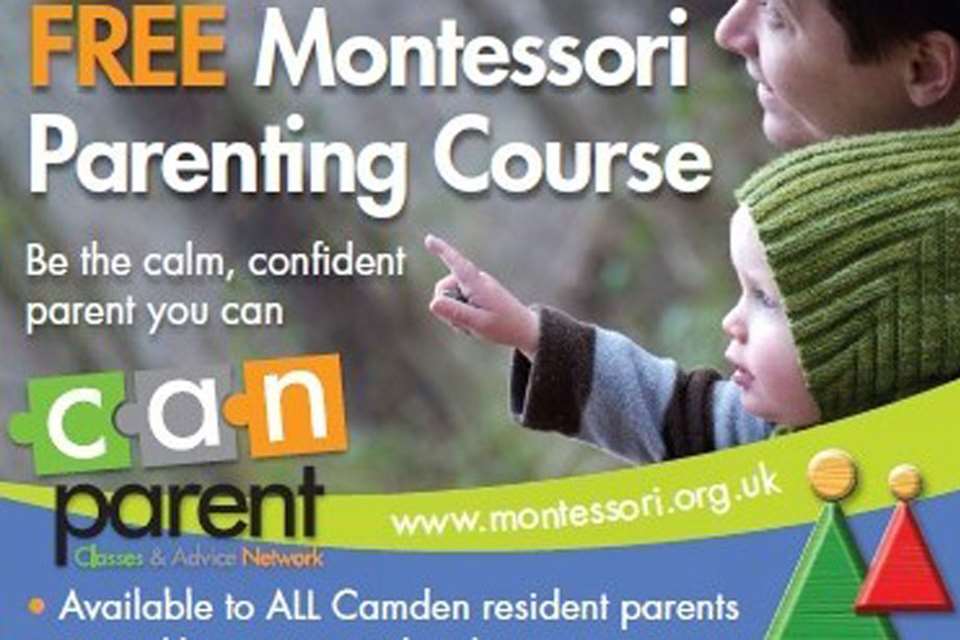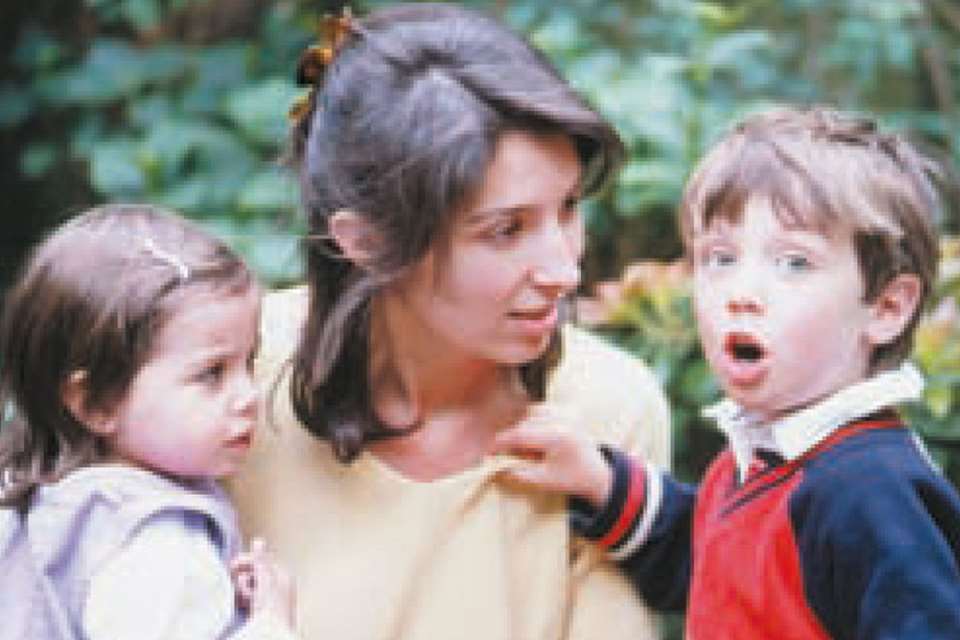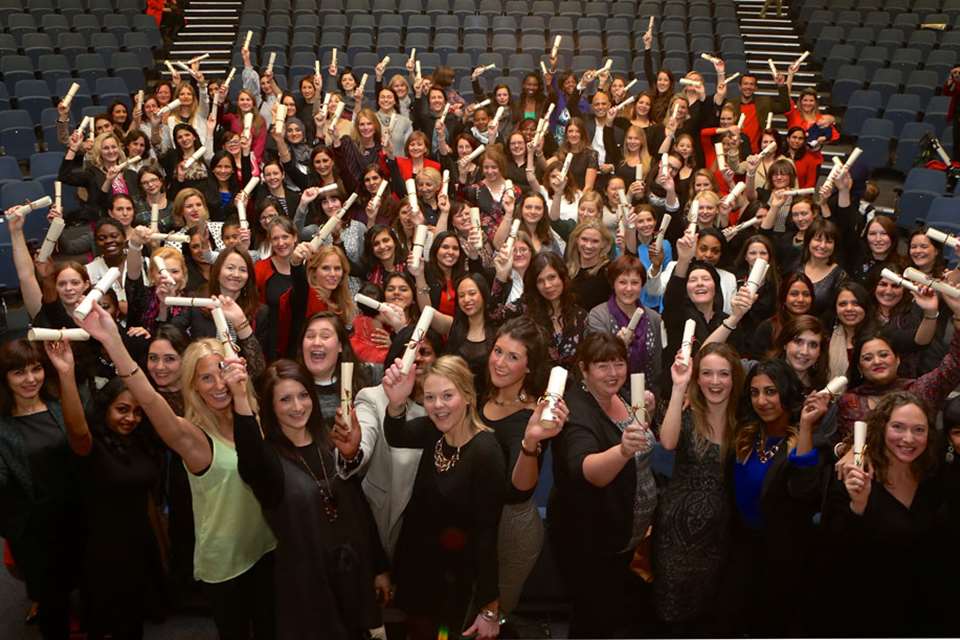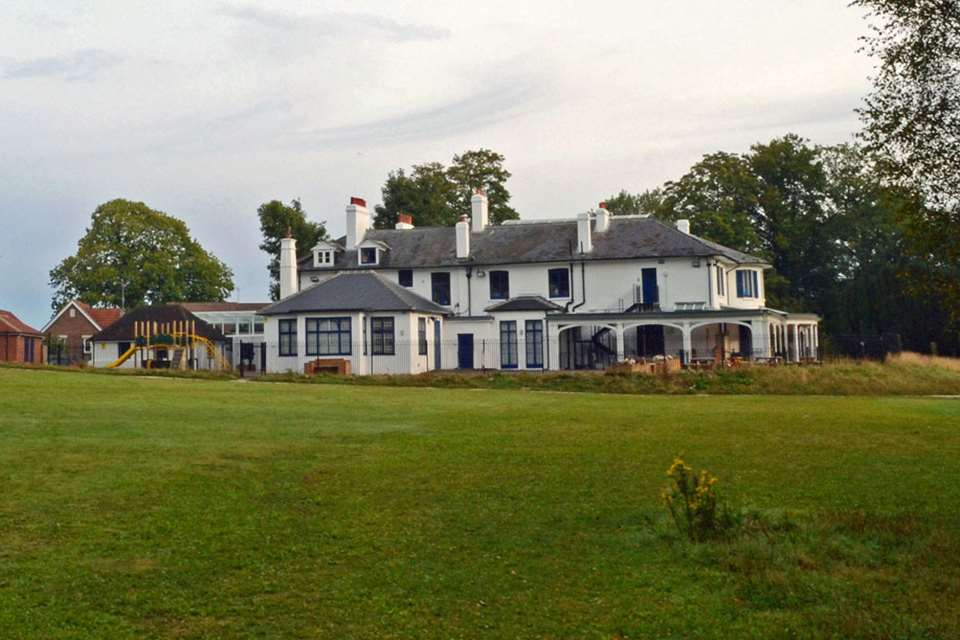Demand grows among parents for Montessori schools in UK
Catherine Gaunt
Monday, January 13, 2014
Montessori nursery schools in the UK are thriving and rising in number, a census carried out by the Montessori Schools Association (MSA) has revealed.
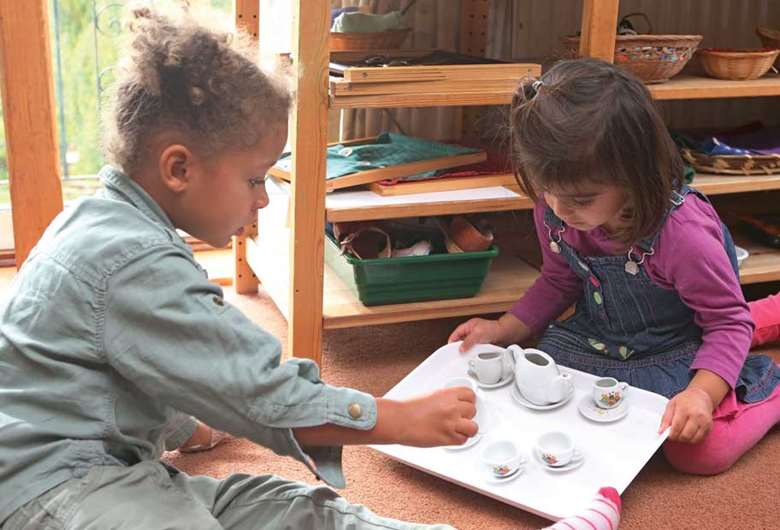
The results provide a snapshot of the state of Montessori education in 2013 and show a growing demand for information and awareness about the educational philosophy.
Membership of the MSA now numbers 679 schools, with 75 new members since the last census in 2009.
The MSA estimates that there are around 700 Montessori schools and nurseries in the UK, most of which are members of the association.
The majority of Montessori settings offer pre-school education for children aged two to five years old, with 22 of the 177 schools that took part in the census offering provision for children aged six and older.
Based on the census results, the MSA estimates that 30,590 children attend Montessori settings in the UK.
Quality is also high among Montessori settings. Of those that took part in the survey, 91 per cent were graded outstanding or good in their last Ofsted inspection.
The MSA, set up by the Montessori St Nicholas Charity, currently has around 4,000 members and supports Montessori schools, teachers and students in the UK.
Philip Bujak, chief executive of the Montessori St Nicholas Charity, said, 'The key point is that schools are continuing to get stronger.
'The total number of parents is growing, as well as turnover, which shows that parents are willing to pay to access a Montessori alternative.'
The association says that parents are attracted to Montessori nurseries because children tend to be 'very socially comfortable and confident because they have been encouraged to problem solve and think independently'.
Montessori nurseries were asked to indicate their annual turnover. The majority of those that responded had a turnover of under £100,000 a year, but ten schools had a turnover of more than £400,000 a year.
The MSA estimates the total annual turnover of its member settings has risen by just under a quarter (23 per cent) in the past four years to reach £74m.
The charity's mission has always been to widen access to Montessori education.
There are now five state-funded Montessori primary schools and the MSA has been lobbying to open more.
Mr Bujak said that at the moment, 'demand and interest can only be met by the private sector, but we want Montessori to be accessible for everyone'.
He added, 'We want parents to access Montessori for free and we're looking for vehicles (to do that). One hundred Montessori free schools would be wonderful. The principle is not the problem, it's the quality control.'
The fate of the Discovery New School, the first state-funded Montessori free school, is a case in point. Last month, the failing school had its funding withdrawn by the Department for Education and is expected to close at the end of this term.
Montessori St Nicholas had been keen to offer support when the school first showed signs of being in trouble, but it was not until the axe was looming that the school sought advice from the charity.
According to Mr Bujak, the Montessori education element at the school was at 'a superficial level'.
Mr Bujak is due to meet with schools minister Lord Nash and the school's chair of governors Chris Cook this week. 'We're on a watching brief,' he said.
The MSA's Community Manifesto, launched last year, is a two-year plan for widening access to the Montessori method to include the most disadvantaged communities.
This month, the charity is running free parenting workshops for parents and carers of under-fives at the V&A Museum of Childhood in east London. It has also launched a project with teenage parents in Bristol and a Montessori course for childminders (see box).
Workforce
Of the survey's 177 respondents, eight per cent of their staff have a PGCE qualification and 11 per cent have Early Years Professional Status.
According to the census findings, the majority of staff hold Level 3 or 4 qualifications, with 'a considerable number' qualified to Level 5 or 6.
There has also been an increased demand for dedicated Montessori training, with the census results showing that 46 per cent of staff are Montessori-qualified, up from 42 per cent in 2009.
The number of students enrolled on the full-time Montessori Level 4 diploma is now around 190 a year, up from 120 in 2009.
The distance-learning course is also growing in popularity, with around 40 students enrolling each month. The survey said, 'This assists in eradicating the bogus Montessori schools and providing a genuine Montessori provision for the children. The results show a positive movement to a more qualified teaching staff and a trend towards re-training, gaining further qualifications and improving oneself in the Montessori community.'
Mr Bujak added, 'That to me suggests that more and more people want to be qualified. The census tells us that within the private sector Montessori is booming.'
In 2008, Montessori St Nicholas introduced the Montessori Evaluation and Accreditation Board scheme to support good, genuine Montessori practice and promote greater understanding among parents and the wider educational sector of what constitutes 'best practice' in Montessori settings.
The results show that just over one in five of the MSA's member schools are now accredited.
MONTESSORI AND CHILDMINDING
More than 50 childminders are currently taking part in a pilot introductory course to Montessori that has been specially designed for childminders by Montessori Centre International (MCI), the training arm of the charity.
Mr Bujak said that it is a way of continuing to reach more parents after the MSA pulled out of offering the Government-funded parenting courses last year, frustrated by bureaucracy and low take-up.
Barbara Isaacs, academic director at the MCI, told Nursery World that there are around 30 childminders who have studied the full Montessori Level 4 diploma.
There are six units of study for the pilot course, which together are estimated to take three to four months to complete. The students work through the course materials online, keep a professional development log, and are allocated one of the Montessori-qualified childminders as a mentor.
The course content includes the Montessori perspective of the child, how to organise the environment in the home, child development in the context of Montessori education, and Montessori and the EYFS.
The course is a professional development course rather than a full qualification, but the hope is that that some of the students will continue with their study and go on to complete the diploma. MCI is also aiming to continue to run the course after the pilot ends. An evaluation of the pilot will be published shortly.
- For more information, contact childminder@montessori.org.uk.


